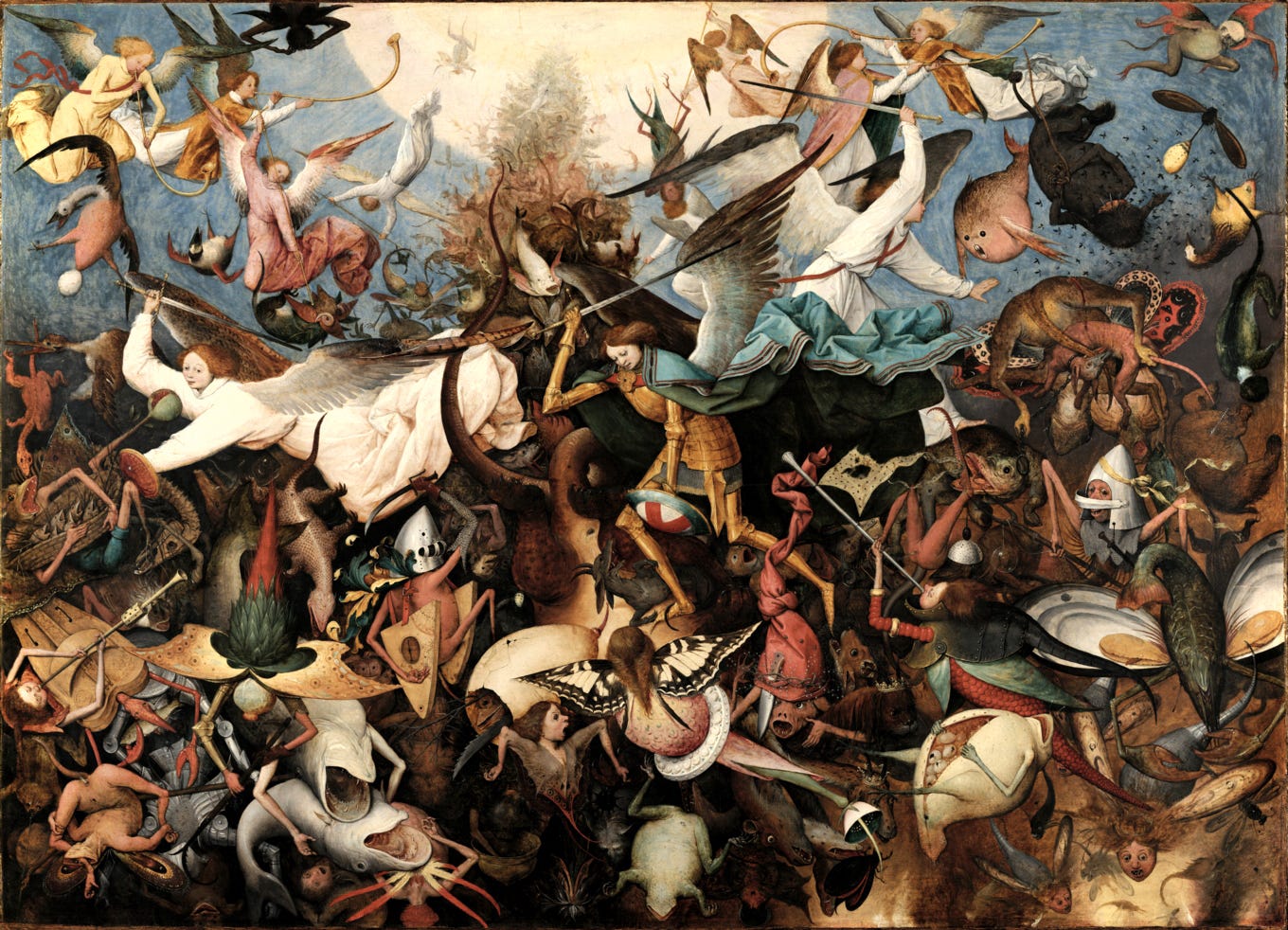In 2019, I gave a lecture, “The Fall of Wisdom,” which was my first serious attempt at articulating an “antitheology” of evil—a term borrowed from Rowan Williams’ description of Julian of Norwich’s writings). In the lecture, I argued the following nine theses:
We cannot speak of evil.
Evil asserts itself ri…
Keep reading with a 7-day free trial
Subscribe to Speakeasy Theology to keep reading this post and get 7 days of free access to the full post archives.




